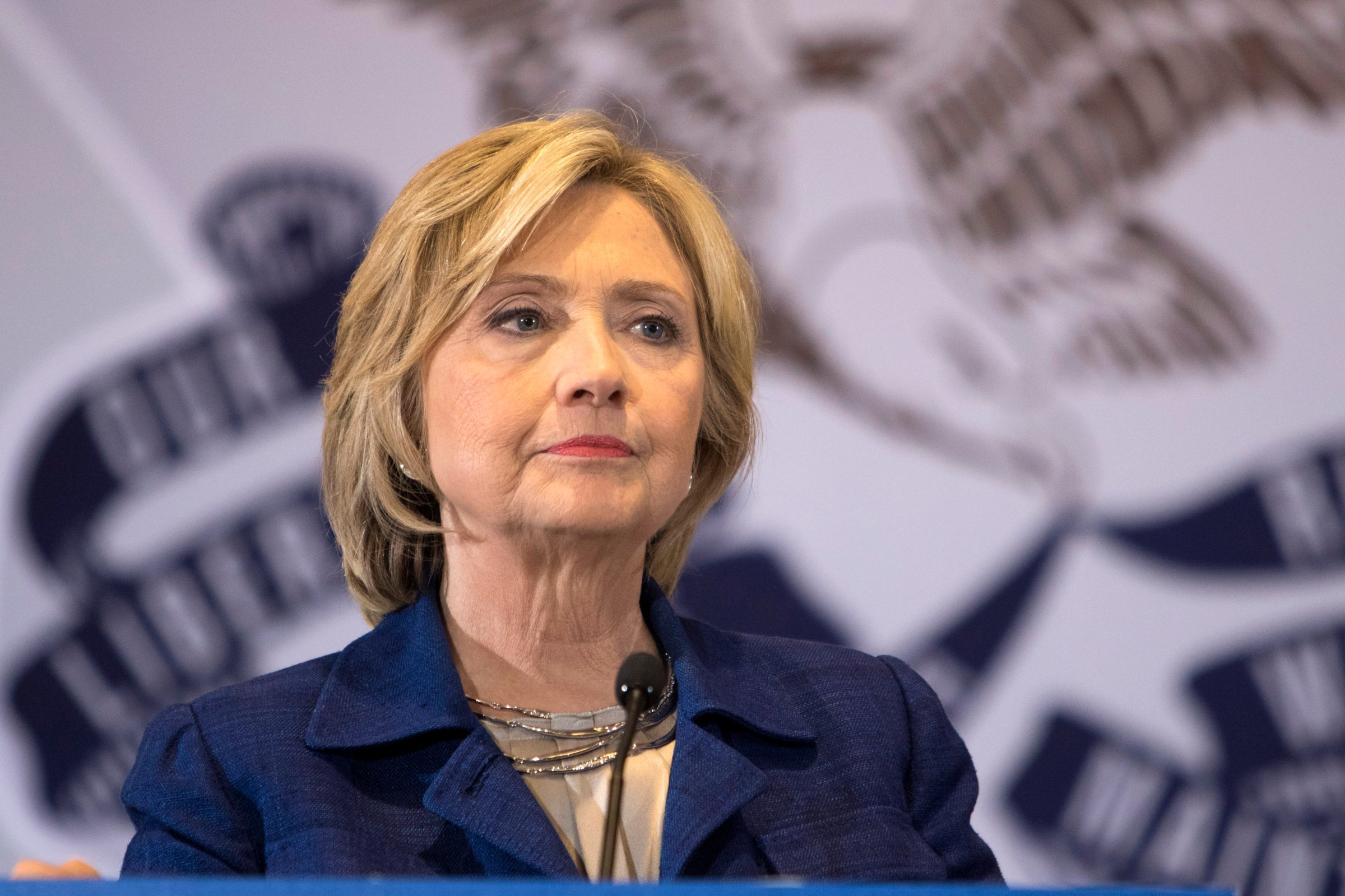
The Iowa caucuses are frequently championed as an opportunity to winnow the presidential campaign field, and they likely will do that for the Republicans this year. But their other stated purpose—to give outsider candidates a chance at legitimacy—could prove even more significant for Democrats.
The reason is the byzantine caucus process. Hillary Clinton leads Bernie Sanders by 10 points or more in recent polling in the state, but caucus rules are likely to yield an outcome far closer than that, no matter how hard Clinton organizes or how well she performs on Feb. 1.
The complicated rules of the caucus process are inherently tilted toward equalizing the strength of candidates, especially in a two person race. Only the number of delegates awarded in each precinct will be published on caucus night, which means there will be no official record of the candidate’s share of the voters at the caucuses—a figure that will likely more closely mirror the pre-caucus polls.
As a result, Clinton will be at the mercy of a process little changed over generations, in which candidates can tie the delegate count, even if Clinton has far more support inside the room. If Sanders surprises with an upset, by bringing more caucus goers out, he will face a similar result, which looks more like a draw.
Here’s how it works: Each of 1,681 precincts in the state is assigned a delegate count based on its relative strength of Democratic Party within that part of the state. To earn delegates, candidates are required to meet a threshold—25% in two-delegate precincts to 15% in precincts with four or more delegates—in order to earn any delegates from each precinct. (The vast majority of precincts have four or more delegates, requiring the 15% threshold.)
For the large number of precincts with an even number of delegates, however, Clinton would have to win by large majorities in order to net more total delegates than Sanders. In odd-numbered-delegate precincts, barring a blowout, Sanders would still pick up several delegates.
Aware of this math, the Clinton campaign is quietly working to right-size expectations for Iowa, where they have more than 80 staffers on the ground and have devoted countless hours and millions of dollars in hopes of avoiding a repeat of Barack Obama’s 2008 upset. The campaign is telling reporters and Democratic operatives that it believes a win by just a single delegates is a victory, even though the result would fall short of the polling spread.
More Must-Reads From TIME
- The 100 Most Influential People of 2024
- The Revolution of Yulia Navalnaya
- 6 Compliments That Land Every Time
- What's the Deal With the Bitcoin Halving?
- If You're Dating Right Now , You're Brave: Column
- The AI That Could Heal a Divided Internet
- Fallout Is a Brilliant Model for the Future of Video Game Adaptations
- Want Weekly Recs on What to Watch, Read, and More? Sign Up for Worth Your Time
Contact us at letters@time.com